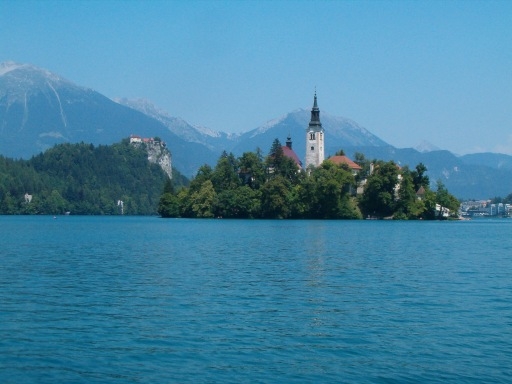Tourism is among the industries hit particularly hard by coronavirus. Slovenia is in a precarious position. Not only is it next door to one of the main coronavirus hotspots in Europe, it also relies on foreign guests for three-quarters of arrivals. The Slovenian Tourist Board expects the sector to experience a 60-70% contraction this year.
Previous economic crises have been brutal on tourism, but the sector has been able to recover fairly quickly. The coronavirus pandemic is different.
“The virus has spread to all continents, it is present in all countries in Europe. The impact of the crisis on life, the economy, jobs and in particular tourism is more intensive than in previous crises,” Slovenian Tourist Board (STO) director Maja Pak told the STA.
While the situation remains uncertain and it is difficult to gauge the impact of the pandemic on tourism, the Organisation for Economic Cooperation and Development estimated at the end of March that international travel would decline by 45% in the event strict lockdown measures last until June. If the recovery is pushed forward to autumn, the decline will be 70%.
The STO estimate is even more pessimistic: Pak expects a 60-70% contraction in demand if the relaxation of lockdown measures starts in June, if not, the figure is likely to be higher.
Maja Uran Maravić, an associate professor at the Faculty of Tourism Studies in Portorož, agrees with the estimate given the estimated 30% contraction in the first quarter compared to a year ago.
“The decline will probably be around 70% assuming hotels start opening at least by 1 June,” she said.
After the sharp decline, the recovery is expected to be long. Pak expects it will take several years, depending on how successfully the virus is contained, when borders reopen, and when tourism providers are allowed to operate again.
A lot will also hinge on how successfully the tourism industry adapts to the “altered consumer behaviour and the new situation post-crisis”, according to Pak

